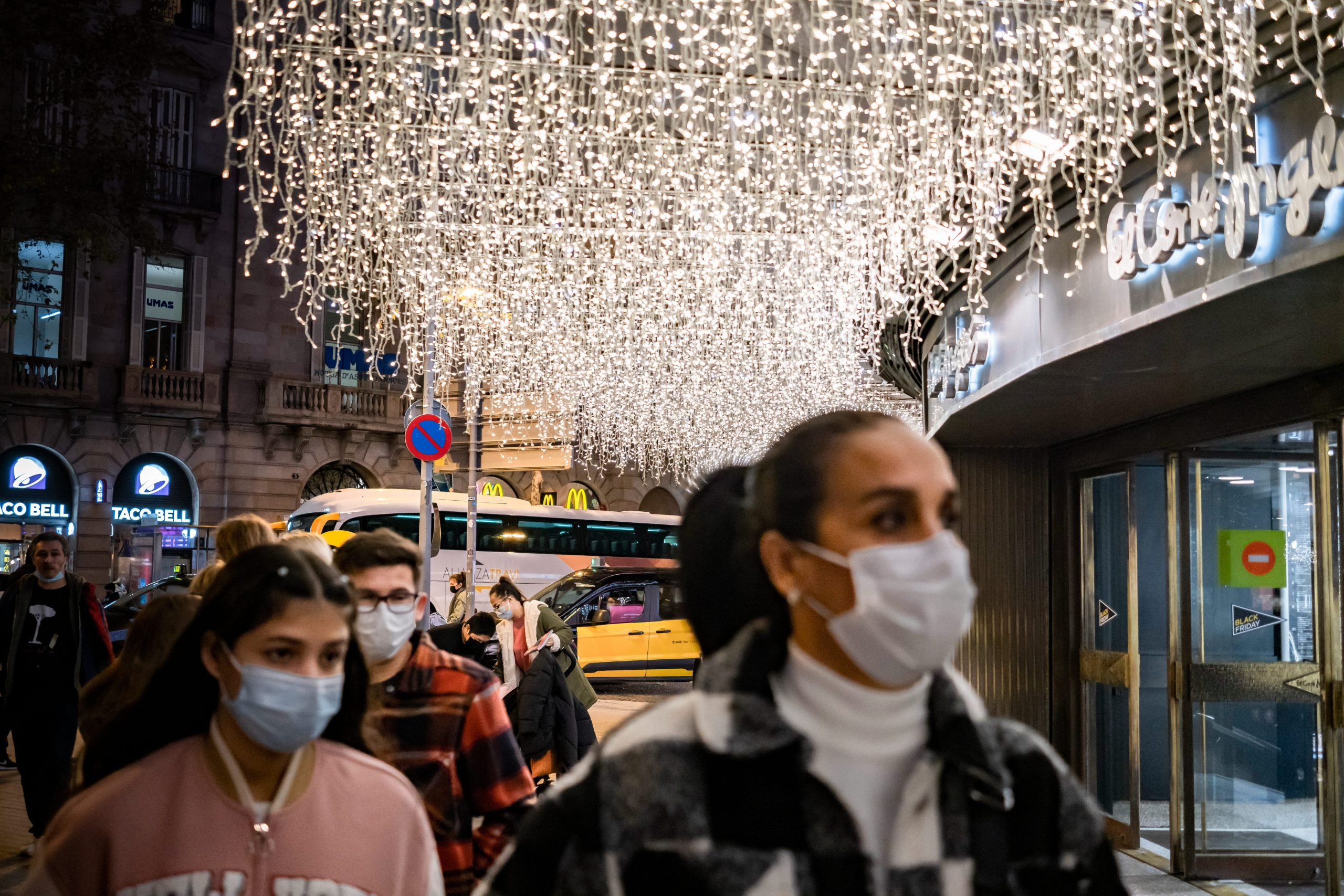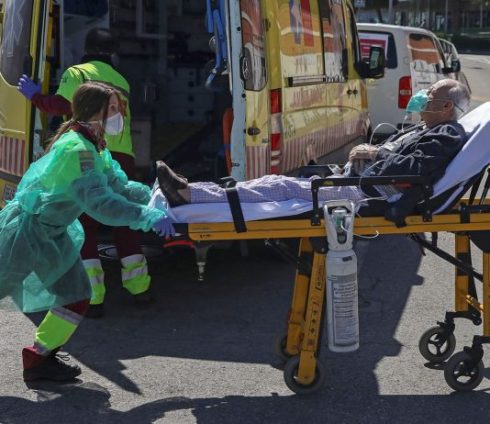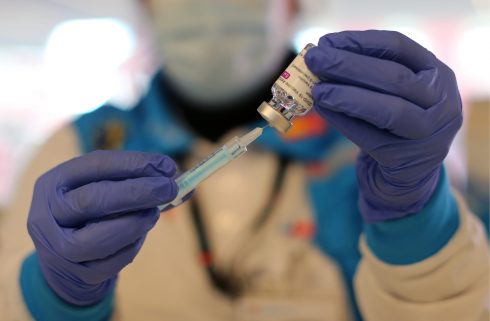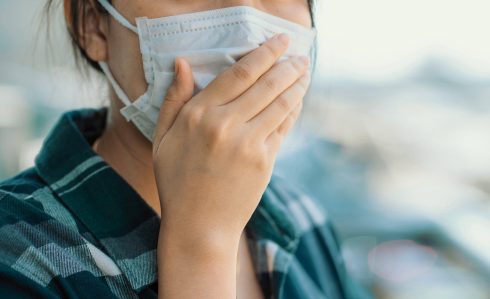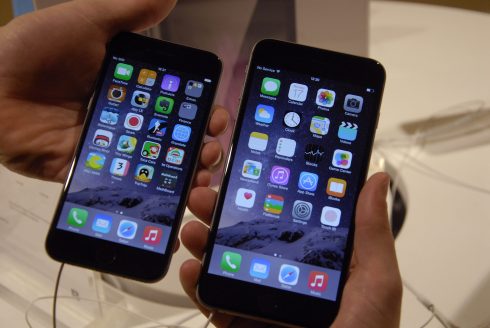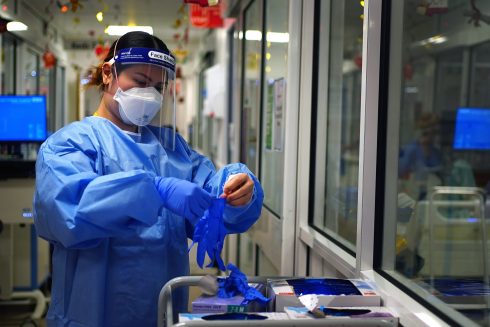SPAIN’S Health Ministry has lowered the mandatory isolation time for people who test positive for COVID-19 and for unvaccinated people who have been in close contact with an infected person from 10 to seven days.
The public health commission that represents experts and health chiefs from Spain’s central and regional governments approved the new rules “unanimously” in a meeting on Wednesday afternoon.
Health Minister Carolina Darias announced the change in a statement following the meeting.
The new rule means vaccinated close contacts will still be able to avoid going into isolation before getting tested, whereas unvaccinated close contacts will have to abide by the seven-day quarantine period.
The new rules follow similar moves by health authorities in the United States, the United Kingdom and some European countries.
Some Spanish regions had initially suggested the ten-day quarantine should be reduced to five days as in the case of the US or Greece, but finally a week-long period of isolation was agreed.
Infections have reached record highs across Spain with Health Ministry data recorded a new record of nearly 100,000 reported infections on Tuesday.
This brings the 14-day infection rate to 1,360 cases per 100,000 residents, double the level from a week earlier and five times the incidence rate at the beginning of December.
Earlier on Wednesday Prime Minister Pedro Sánchez said the country needed to strike “a balance” between public health, mental health and economic growth.
READ ALSO:
- No new measures: Spain’s PM rules out tougher stance to combat omicron arguing masks and vaccines are sufficient
- ANALYSIS: The stats that reveal who died from COVID-19 in Spain during first year of pandemic
- COVID-19: Unvaccinated patients up to 24 times more likely to enter intensive care in Spain

